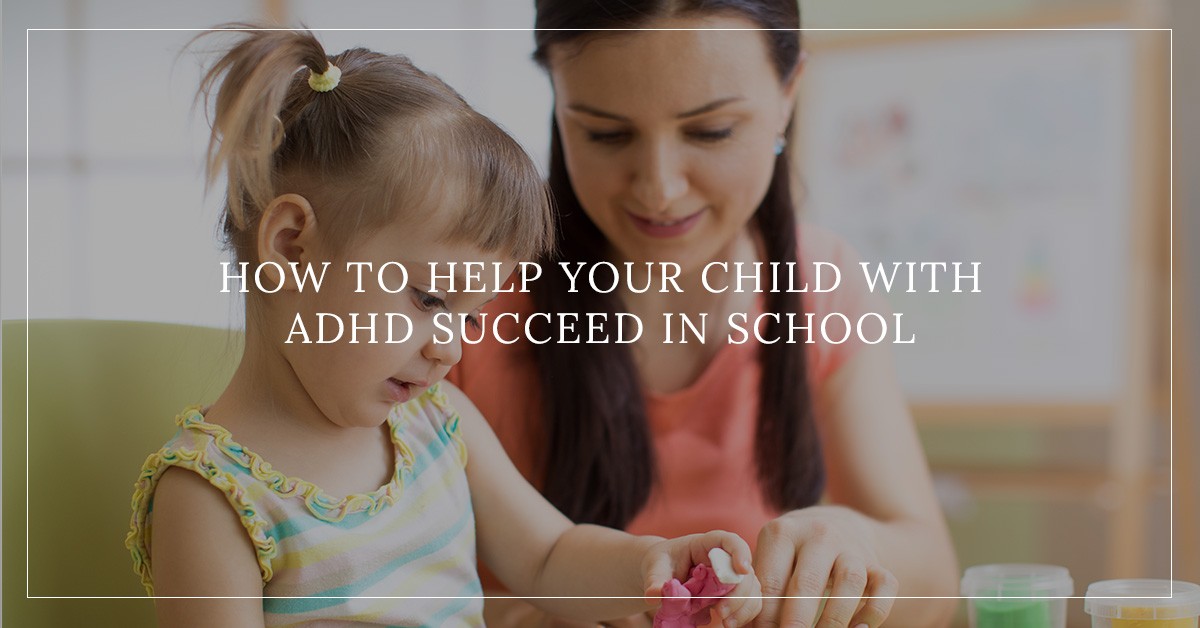If your child hasn’t been diagnosed with ADHD and you suspect that he or she may have a disorder, now may be the time to seek a diagnosis. It’s important to be mindful of the signs of ADHD, especially earlier in life where strategies can curb ADHD symptoms, making school less of a challenge throughout the child’s education. It’s also crucial to recognize that ADHD symptoms vary from child to child, and ADHD is a broad term that covers a myriad of symptoms. ADHD may be marked by any combination of the following symptoms:
- Short attention span (including forgetfulness, poor attention to details, difficulty completing a task, signs of boredom, etc.)
- Hyperactivity (including squirming and fidgeting, constant movement, trouble sitting, constant talking or inappropriate expressions, difficulty waiting, etc.)
- Impulsiveness (including showing little restraint, acting without considering the consequences of an action, difficulty waiting for something, etc.)
- Emotional issues (including mood swings, anxiety, anger, excitability, etc.)
- Executive functioning difficulties (including trouble with planning, organization, and memory, such as memorizing math times tables, etc.)
If you’ve noticed that your child exhibits some of these symptoms, then it will be beneficial to have a doctor diagnose whether or not your child has ADHD. An accurate diagnosis is important, because other symptoms, such as anxiety or learning disabilities, may look like AD/HD. These problems are treated very differently, however, so a correct diagnosis is key! A neuropsychological evaluation is a good way to clarify diagnosis and pinpoint your child’s strengths and weaknesses. From there, strategies can be developed to improve your child’s educational pursuits and support them at home and in social settings.

